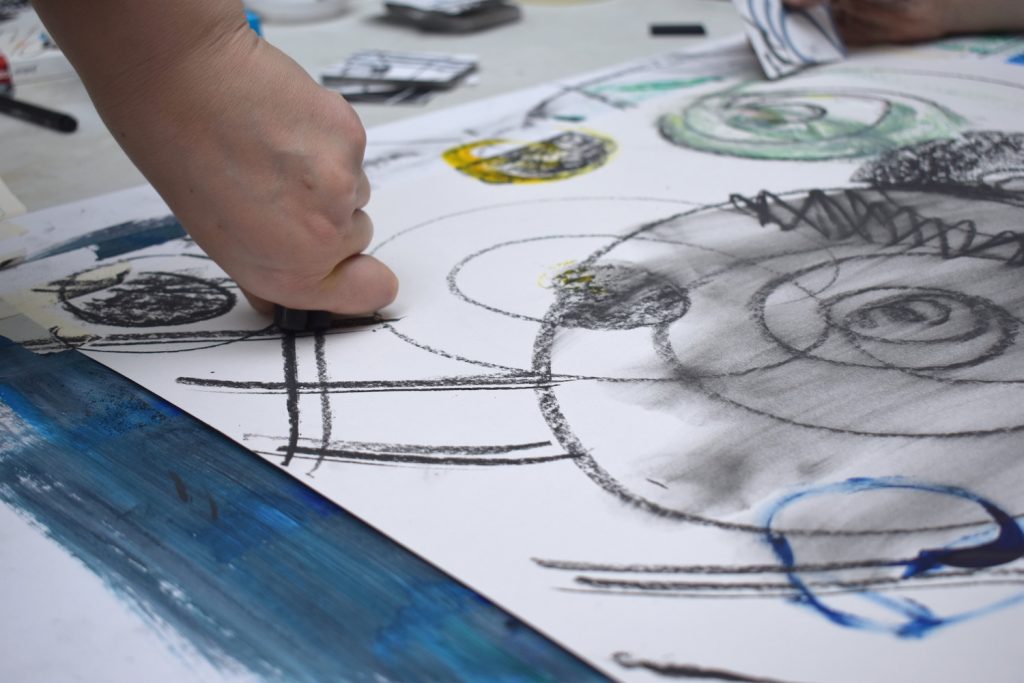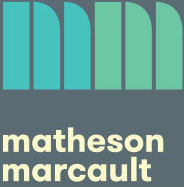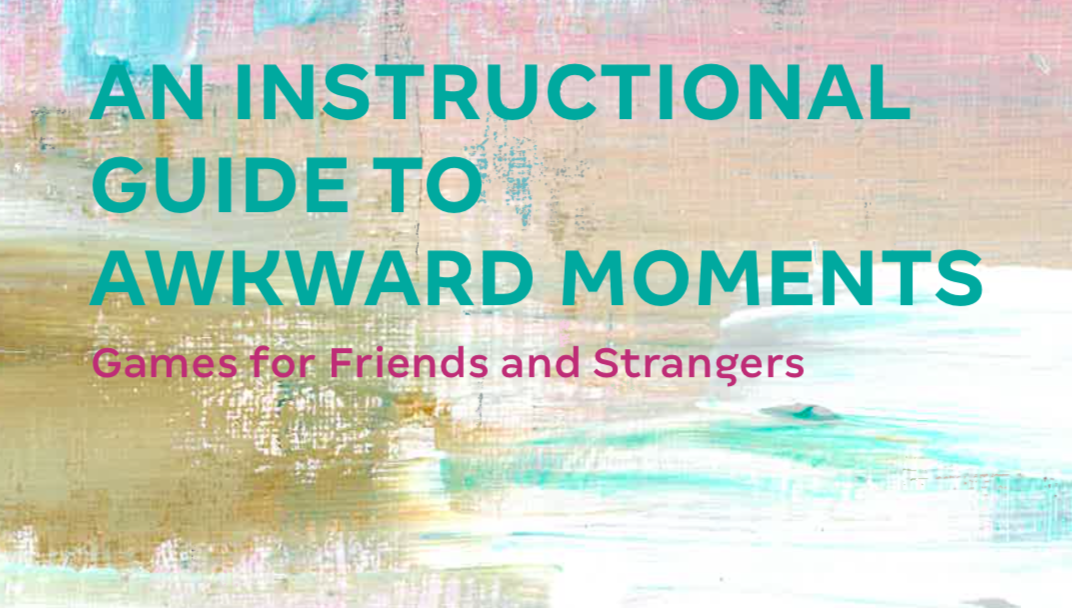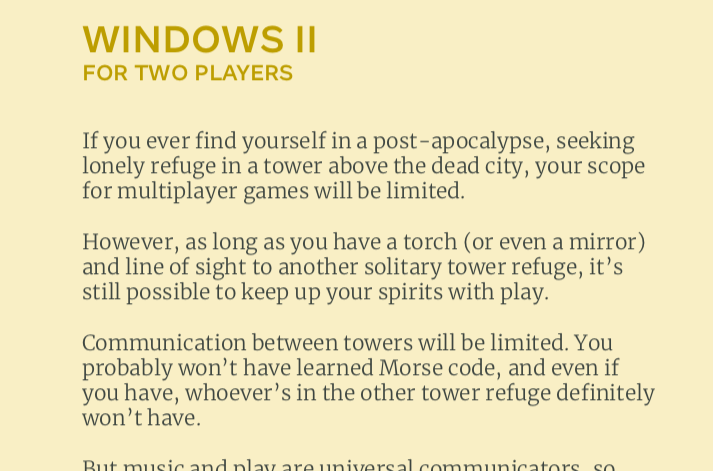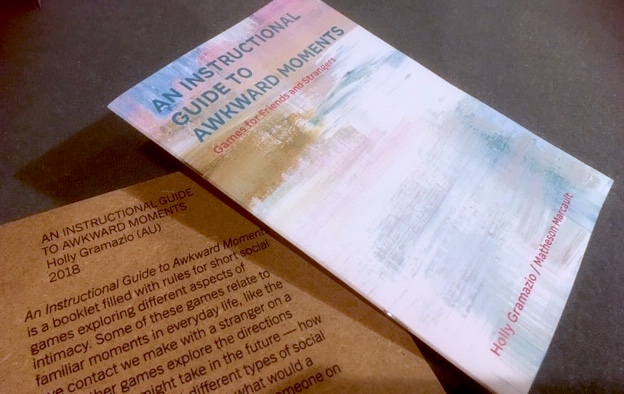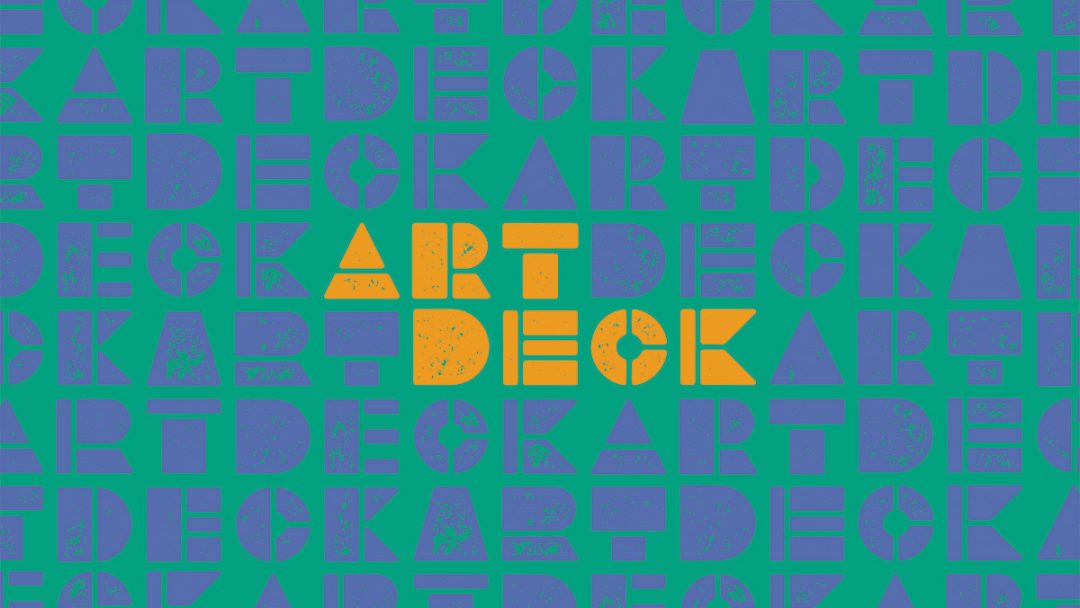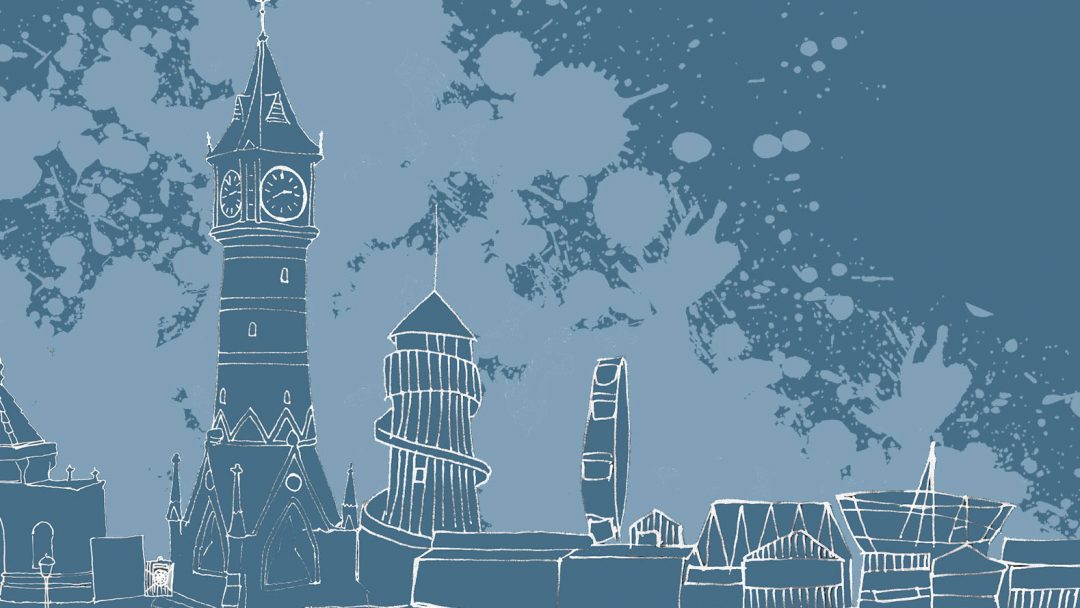So, about eighteen months ago we made some drawing games for No Quarter, in New York. And one of them we really, really liked: Art Deck. In fact, we like it so much that we’re going to try to produce it as an actual thing that people can buy – starting with a Kickstarter to support printing costs, which will be launching on 30 May.
You can read a bit more about the background to Art Deck and its relationship to instructional art, or how we’ve worked on developing it, but basically it plays out like this:
You get, say, 2-6 players. You and the other players take turns to add cards to a sentence – and each card gives you an instruction about what to draw or how to draw it. You follow the instructions as you go, with everyone drawing on one big single sheet of paper – until eventually someone plays a Sign Your Name card, and claims the picture as their own.
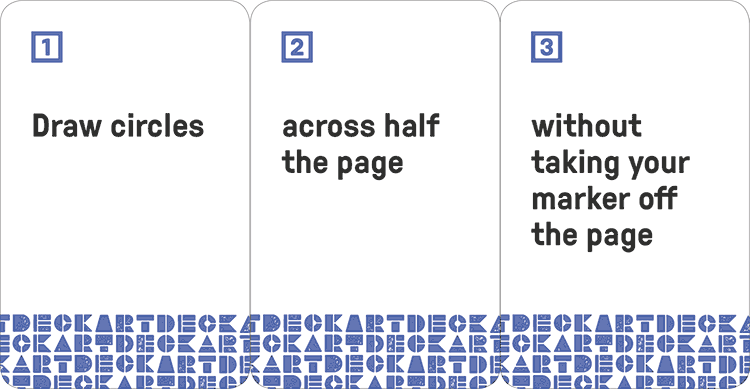
It’s a funny, simple structure that we’ve worked really hard on, and we’ve brought in Alex Parrott (who designed our visual identity) to make sure that the cards are beautiful as well, and we are so, so excited about the idea that it might be a real thing that exists in the world.
Our Kickstarter launches 30 May, and how it goes during the first 24 hours will be so important to how it goes overall – so if you think you might be interested in backing the project, and want to keep up with when it launches, you can sign up to our mailing list (on the right of this page) or follow us on twitter, or make a note to check back on 30 May, or y’know what, even text me your number and say you’re interested in Art Deck and I will literally just text you back on 30 May when it’s live, I’m on 07807 155 468.
And if you have any questions about the game, or any suggestions of things we should be doing to tell people about it, or you’re interested in getting hold of a review copy, let us know! If you’ve got a podcast we can come on or an event we can run it at or you think you might be interested in writing about the game, drop us a line – we can talk about designing the cards to get people making good pictures, or the card we had to take out because it made too many people climb onto the table, or the history of drawing games more generally, or the difference between playing the game with artists and with non-artists (artists are WAY MORE NERVOUS) and what that says about game design for creativity, or our secret favourite instructions, or pretty much anything else. We’ll also be at UK Games Expo, say hello if you’re around…
We really love the game, and we really want to get a load of people to play it. So, fingers crossed for 30 May!
